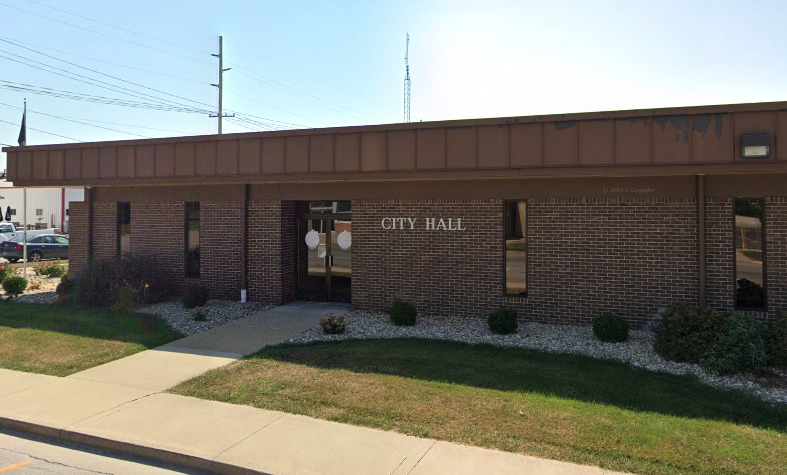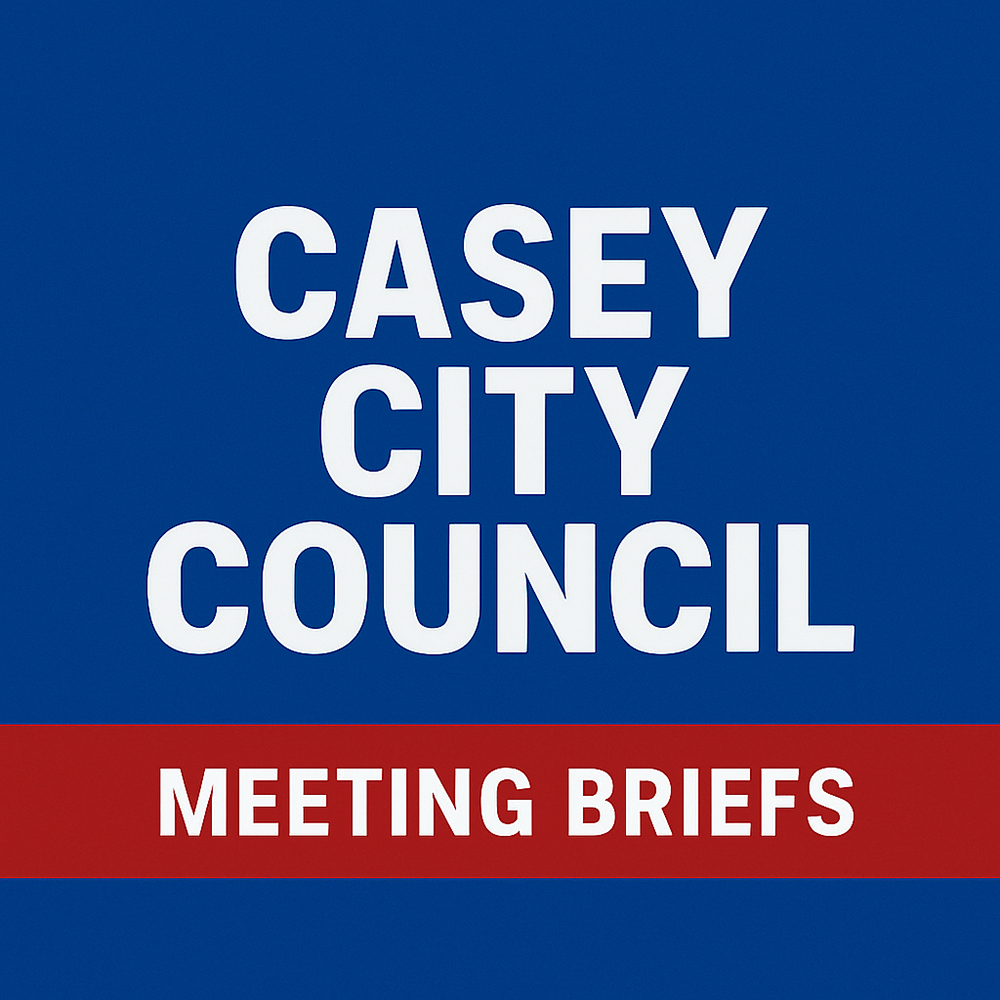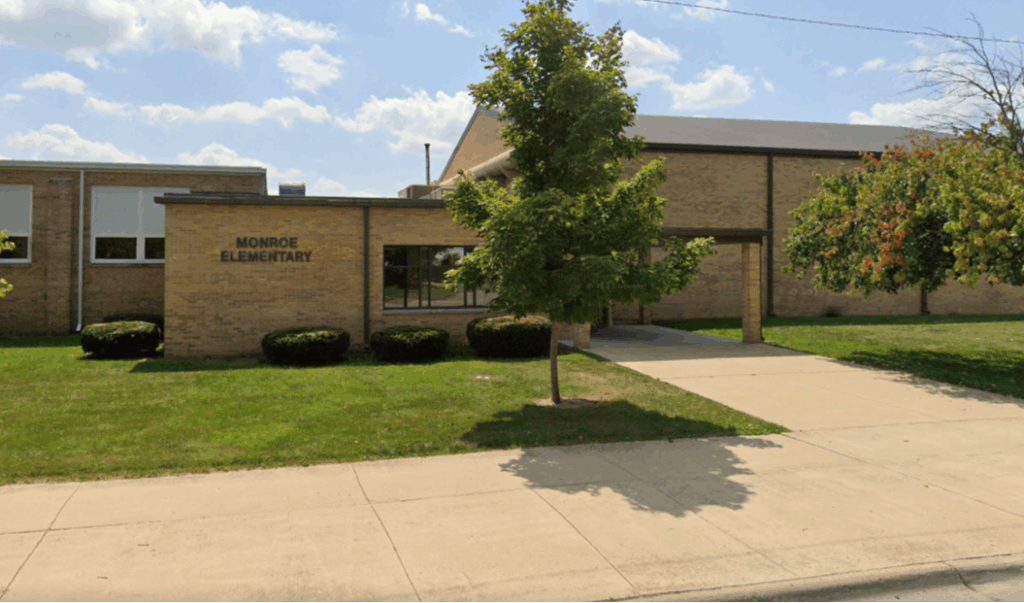Fiscal Fallout: Illinois diversity commission’s budget ballooning but results lag
(The Center Square) – Despite federal pushback for diversity, equity and inclusion programs, Illinois has spent millions of dollars in the past few years for new, high-paying government jobs to increase the amount of state contracts that go to businesses owned by racial minorities, women and people with disabilities, an investigation by The Center Square found.
Yet, at least on paper, the relatively new Commission on Equity and Inclusion is farther from its goal than when it began work in 2022.
The agency’s budget also has nearly doubled in the four years since it was created, and commissioners, who are allowed to do outside work, and some staff have seen their salaries balloon to about $150,000 a year, raising questions of what taxpayers are getting for the money.
“They created this additional layer of government on top of that,” said Tom Demmer, a former Republican state representative who voted against the commission’s creation. “If they weren’t happy with what the situation was, adding another layer of government on top of this probably would not contain the solution to the problem.”
One of the commission’s primary tasks is to achieve an “aspirational goal” of awarding 30% of total eligible state contract dollars to those businesses. That goal has existed for four decades – although most of that time the target was 20% – and was previously overseen by another state department.
That department, Central Management Services, reported it had met the goal as recently as 2019. In that fiscal year the state identified about $649 million worth of contracts that went to the businesses, or about 21% of the total that were tracked. Certain projects that are unlikely to draw a significant pool of minority and women-owned businesses can be excluded from the goal calculations.
Data in the new commission’s latest annual report, for the fiscal year that ended in 2024 indicates the figure dropped to about 4%.
But that figure is not actually included in the report. Instead, the commission altered the way it reports the percentage in a manner that inflated it.
Rather than report the 4% in adherence to previous annual reports, the commission calculated how close the figure was to the goal. It reported 13%.
It’s unclear why the change was made. The commission’s staff did not respond to multiple requests from The Center Square in the past week to comment for this article.
During the commission’s tenure, the total amount of contract dollars awarded to the target businesses has grown, but that has been outpaced by a rapid expansion of contracts that were deemed subject to the 30% goal.
Programs that are based on diversity, equity and inclusion – commonly described by the acronym DEI – have been scorned by President Donald Trump and his administration and have led this year to threats of federal funding cuts for governments and other institutions that have the programs.
High-paying government jobs
The commission was borne, in part, from the findings of a state task force in 2018. The group reported significant obstacles that prevent African-American-owned businesses from netting state government contracts, including complex bidding processes, too-short notices of available work and potential discrimination.
“The Task Force recommends that all procurement personnel at state agencies and institutions of higher education … regularly engage in diversity and inclusion training to ensure exposure to a myriad of cultures, races, and ethnicities,” the Fair Practices in Contracting Task Force concluded in 2018.
The group also recommended additional state funding to help correct the problems.
In 2021, Democrat state lawmakers voted to create the Commission on Equity and Inclusion, appropriating about $3.3 million for the first fiscal year it was partially in operation. Since then, its annual appropriation has more than doubled to about $7.3 million, according to the Office of the Comptroller. It’s a relatively tiny portion of the overall state budget.
Much of that cost has gone toward government salaries for dozens of people who earn, on average, more than $100,000 each year. The median individual income in Illinois is about $42,000, according to the most-recent U.S. Census Bureau figures.
The agency is helmed by seven governor-appointed commissioners who each earn more than $147,000. The chairperson, Nina Harris, makes slightly more at about $155,000, according to state salary data. The commissioners’ salaries have increased about 21% in three years.
The commission meets monthly for up to two hours, according to meeting agendas. The commissioners are allowed to have other paying jobs unlike other paid state appointees to the Prisoner Review Board and the Educational Labor Relations Board. And those board members are paid less than the Equity and Inclusion commissioners.
The commission’s major task is to aid the success of the longstanding Business Enterprise Program, which sets the goals for contract awards to businesses that are owned by minorities, women and people with disabilities. The program has its own larger council, the members of which are unpaid for the work.
Demmer, the former Republican state lawmaker, was hired this year by the Illinois Policy Institute – which has been critical of state spending – to analyze policy.
“These are appointees of the governor, and it comes with a pretty substantial paycheck,” he added.
A spokesperson for Gov. JB Pritzker, a Democrat, did not respond to a request to comment. Pritzker recently directed state agencies to make plans to cut 4% of their spending after The Center Square exposed the increasing budgets under his watch.
The commission is also supported by a growing staff of more than 30 people. It is allotted the equivalent of 52 full-time employees.
Nearly half of the current staff are classified by the state as administrators and have salaries of about $100,000 or more, according to state salary data. Executive Director Alexandria Wilson is paid about $155,000.
Nikita Richards, a communications officer who handles media inquiries, is paid $132,000. She did not respond to several requests to comment nor to a detailed list of major points contained in this article.
In its first full fiscal year of operation, the commission’s efforts aided a substantial increase of businesses that were certified by the state as being majority owned by racial minorities, women and people with disabilities. In 2023 that number reached 5415, a 63% increase.
For the fiscal year that ended in 2024, the commission reported that those businesses had been awarded about $1.3 billion worth of government contracts, a 13% increase from two years earlier. But the total number of project dollars available to the businesses that were identified by the commission more than doubled to about $33 billion. That had the effect of cutting the percentage that is subject to the 30% goal.
An annual report noted that the big increase in available contract money was the result of “enhanced compliance reporting from agencies and public institutions of higher education and a refinement of reporting guidelines.”
The commission helps the businesses navigate the state contracting process and fields complaints of discrimination. It also is charged with overseeing DEI training for state employees.
The commission’s “vision is to be a trailblazing leader in fostering a diverse, equitable, and inclusive procurement environment where supplier diversity, equity, and inclusion are celebrated, and opportunities are accessible to all, driving positive social impact and economic growth,” Wilson, the executive director, wrote to the governor and state lawmakers early this year in an annual report.
Latest News Stories

Casey Approves Major Park Recreation Project, Hires Firm to Find New Utilities Chief

Casey in Action Secures $40,000 Grant for Park Walking Path

Casey Council Briefs

Warriors Advance to Face Red Devils on 14-Game Win Streak

Casey City Council Awards Sidewalk Contract, Approves Utility Rate Increases

Utilities Chief Announces December Retirement; Police Department Adds Officer

Casey Council Meeting Briefs

Casey-Westfield Board Approves Major Technology Upgrades, Facility Improvements

Casey-Westfield Students Excel in Academics and Community Service

SCHOOL BOARD MEETING BRIEFS

Casey-Westfield School Board Reorganizes Leadership, Seats New Member

SCHOOL BOARD BRIEFS

Casey Completes $498,279 Housing Rehabilitation Grant Project

CITY MEETING BRIEFS












